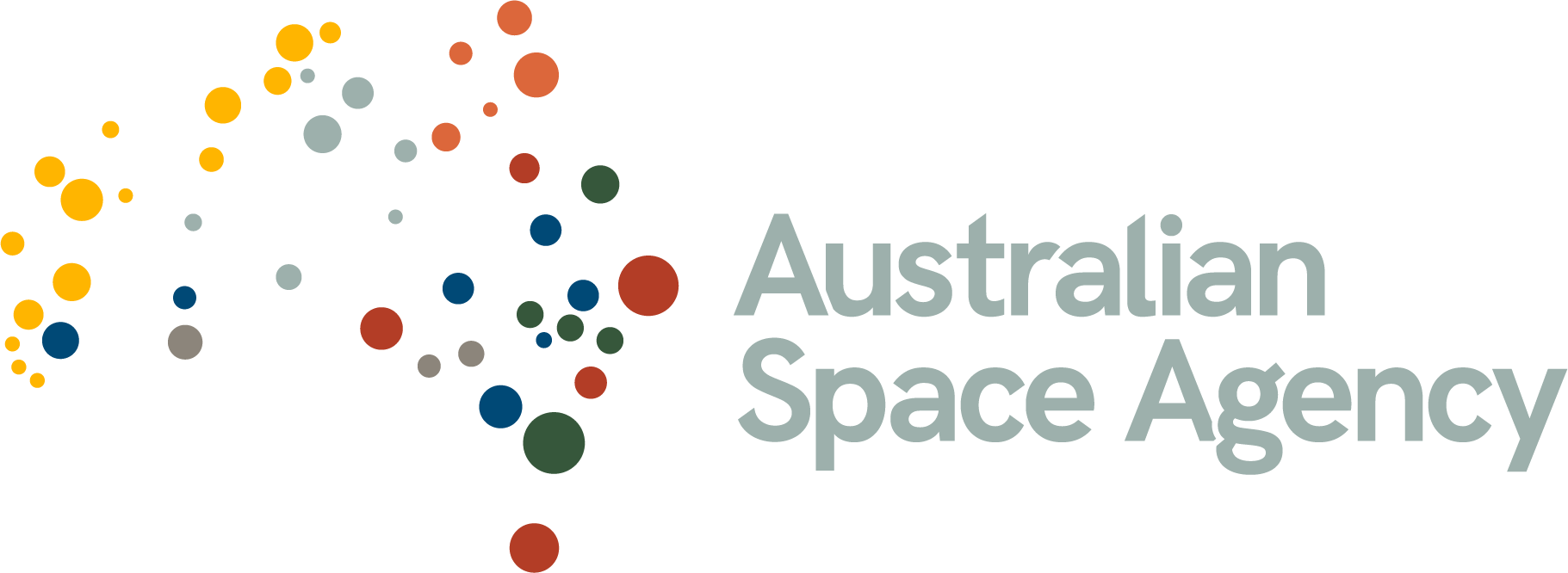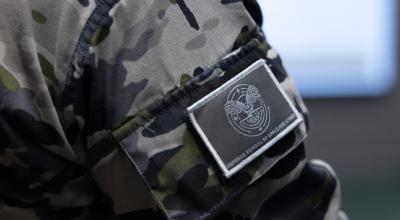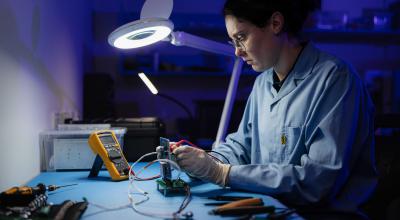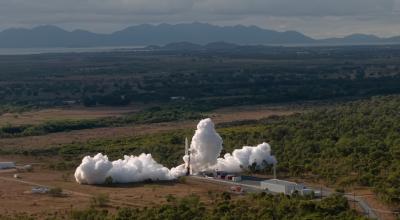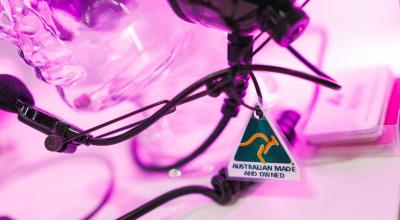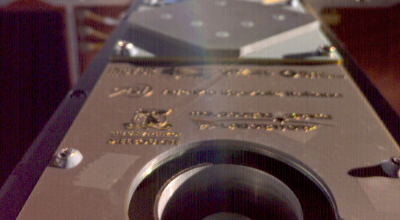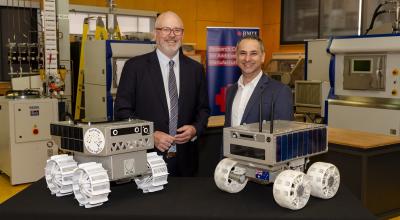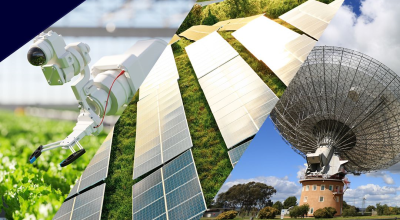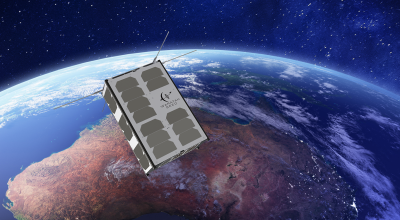The Technology Safeguards Agreement (TSA) is a treaty-level arrangement between Australia and the United States (US) which entered into force on 23 July 2024.
It provides the legal and regulatory foundation for US entities to conduct spaceflight activities involving sensitive technologies from Australian territory.
The TSA safeguards critical US space technology while unlocking access to the US launch market and supporting Australia’s emergence as a global launch hub.
Hover over, or click, the below questions to read the answers
The TSA is…
The TSA is…
…a treaty-level agreement required by the US to allow American companies, government organisations and universities to undertake space launch activities in Australia. It sets out how these activities must be carried out to prevent unauthorised access to US space launch technologies, including launch vehicles and associated systems.
How does the TSA work?
How does the TSA work?
The TSA establishes a binding legal and operational framework to safeguard US space launch technology in Australia from unauthorised access.
What is covered by the TSA?
What is covered by the TSA?
The TSA directly enables a US entity to conduct a launch activity from Australia using a US launch vehicle. This may also involve other sensitive US space technologies, such as spacecraft, satellites, and equipment and data associated with the launch activity.
What is not covered by the TSA?
What is not covered by the TSA?
Space launch activities occurring in Australia that do not involve US space launch technology are outside the scope of the TSA.
How is the TSA being implemented?
How is the TSA being implemented?
The TSA is primarily implemented through Australia’s Space (Launches and Returns Act) 2018.
During a TSA activity, the Australian Government is responsible for ensuring compliance with the technology safeguarding conditions set out in the agreement. These conditions are placed on companies through licence and permit requirements under the Act.
Does the TSA restrict Australia from working with other countries?
Does the TSA restrict Australia from working with other countries?
The TSA is fundamentally about protecting US space launch technology in Australia. In general, the agreement does not impact Australia working with other countries when no US technology is involved.
More fast facts about the TSA
No. The agreement clearly recognises Australia’s ambition and intention to develop Australian space launch vehicles and grow our commercial space sector
The agreement is consistent with the shared non-proliferation goals of Australia and the United States, as embodied in the Missile Technology Control Regime (MTCR) Guidelines.
Visit the MTCR webpage for more information.
No. Each space launch activity still needs relevant licences and permits by both governments. The TSA signals a positive intention by both governments to approve space launch activities provided that all necessary conditions are met.
No. Australian authorities are not restricted from carrying out their statutory powers, duties and functions under the TSA. This includes emergency situations where Australian authorities may have to respond immediately.
Collaboration on space launch technology is outside the scope of the TSA.
Australian companies will need to seek relevant US export control licences and permits to collaborate on and transfer US space launch technology.
The Australian Government does not charge fees for the licencing of space launches and returns in Australia, including for US space launch activities. Indirect fees and charges, such as customs duties and tariffs on the importation of US technology, are not in scope of the TSA. General support to the Australian space sector is not impacted by the TSA.
All space launch activities occurring in Australia, including those under the TSA, require a relevant Australian licence or permit issued under Australia’s Space (Launches and Return) Act 2018. The Australian Government is the decision maker for all such licences and permits.
The agreement does not place any barriers on Australian companies launching US satellites from Australia. Each space launch activity still needs relevant licences and permits by both governments.
In general, the agreement does not impact other countries launching from Australia when no US technology is involved.
If another country is seeking to bring a launch vehicle to Australia and launch US satellites then the agreement requires Australia to enter into a ‘politically binding arrangement’ (MoU) with that country. This ensures that country will protect US technology in Australia to the same standard as Australia.
Australian space sector specific information
Australian space sector specific information
The TSA text and associated National Interest Analysis Arrangements with the US related to the TSA
